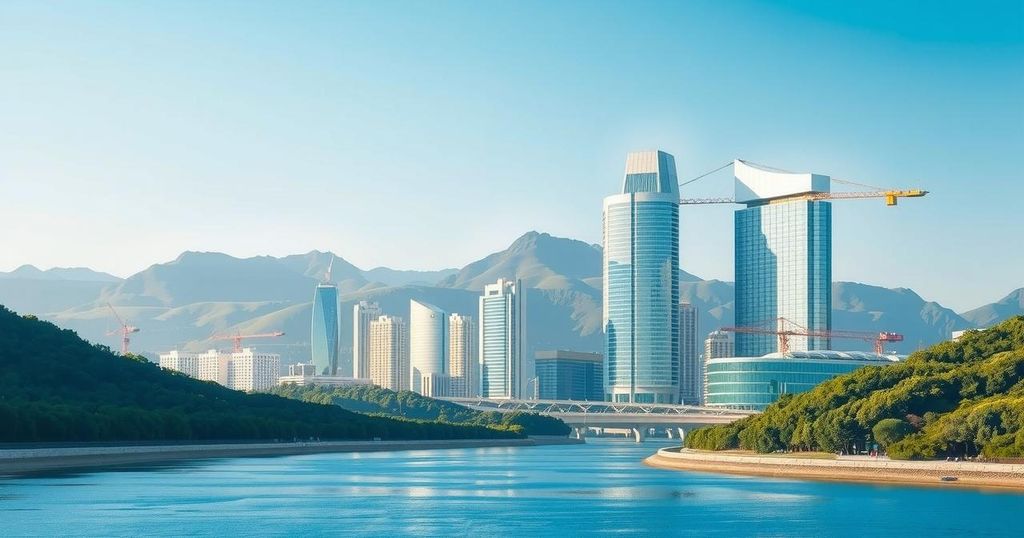Sudan Roundup: Inflation Decline, Humanitarian Support Increase, and Crisis Calls

Sudan’s inflation rate decreased to 145.14% in January, with the UAE contributing an additional $200 million in humanitarian aid and the UN appealing for $6 billion to assist 26 million affected individuals. The AU has called for a ceasefire, while RSF leaders plan to establish a parallel government and acquire military capabilities. Overall, high levels of humanitarian and economic need persist in Sudan.
In January, Sudan’s inflation rate decreased to 145.14%, according to the Central Bureau of Statistics. This decline from December 2024’s rate of 187.83% reflects ongoing efforts to stabilize the economy. Despite this reduction in inflation, the rate remains significantly high, indicating persistent economic challenges. The figures suggest that sustainment of inflation control measures is critical for improved purchasing power.
The United Arab Emirates (UAE) has announced an additional $200 million in humanitarian assistance for Sudan, bringing its total contributions to $3.5 billion. This announcement was made during the High-Level Humanitarian Conference in Addis Ababa, underscoring the UAE’s commitment to supporting the people of Sudan amidst ongoing crises. The conference is recognized as a significant platform for future international aid collaboration.
The United Nations has proposed a $6 billion appeal to address the humanitarian needs of 26 million people affected by the turmoil in Sudan. The ongoing conflict, which began in April 2023, has led to widespread displacement, with millions having fled the country. Such humanitarian aid is essential to alleviate the dire conditions faced by many.
The African Union has expressed urgent calls for an immediate ceasefire amid the escalating humanitarian crisis in Sudan. AU Commissioner Bankole Adeoye condemned the ongoing violence against vulnerable populations, particularly women and children, during the AU Summit in Addis Ababa. The Commissioner underlined the need for political transitions to restore peace in the region.
In a notable development, Al-Hadi Idris, a leader associated with the RSF, has pledged to establish a parallel government in RSF-controlled territories and acquire military aircraft for defense purposes. The planned signing of this political charter aims to create a unified military force, promoting readiness against attacks while also encouraging international support for humanitarian efforts. The UAE, along with Ethiopia and Kenya, has committed to various financial pledges to assist in these endeavors.
The recent developments in Sudan highlight both the persistent economic struggles, with inflation still elevated, and ongoing humanitarian crises exacerbated by the conflict. Notably, international support from the UAE and the UN’s substantial aid appeal underlines a critical need for collective efforts to address these challenges. Furthermore, the African Union’s call for a ceasefire and the emergence of new governance structures reflect the complex dynamics at play in achieving peace and stability in Sudan.
Original Source: globalsouthworld.com








